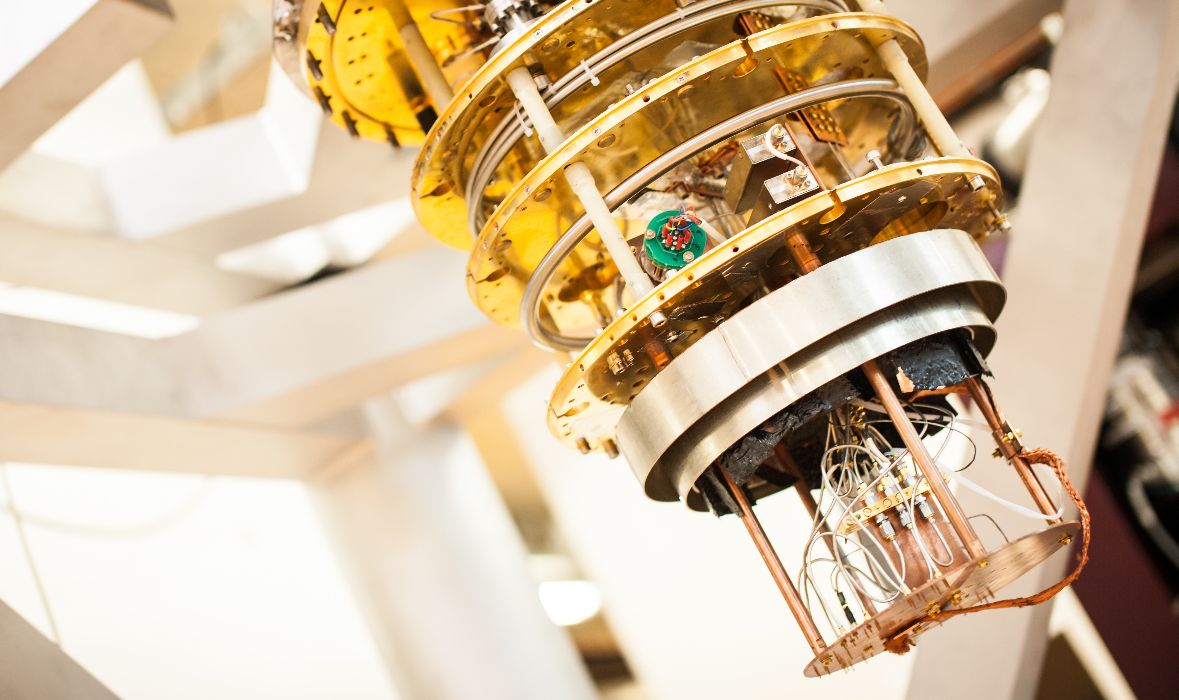Quantum computing
Quickly go to
- Leaders in research and development
- Join the Dutch in their quantum computing revolution

The question is not if this technology will have real-life applications, but rather when they will be implemented. It’s predicted that this type of data processing will first emerge in sectors such as banking and medicine. The Dutch well recognise the great promises and possibilities of quantum computing, and have been leaders in its research.
The Dutch government has been encouraging this. In the past years, the Netherlands has invested approximately €610 million in quantum technology research and development. One outcome has been Quantum Delta NL, a national initiative connecting five major quantum hubs with top universities and research centres within a single digital ecosystem.
Other collaborative quantum technology R&D projects exist too. QuTech in Delft unites Delft University of Technology (TU Delft) and the TNO (the Netherlands Organisation for Applied Scientific Research) in their efforts to develop the first European quantum computer. They have launched Quantum inspire , Europe’s first public quantum computing platform, endeavouring to make the quantum computer accessible to everyone.
In Eindhoven, a hot spot for quantum technology, similarly exciting projects are happening. As part of the Quantum Delta NL network, researchers at Eindhoven University of Technology (e/TU) are building the first hybrid quantum computer, with an aim to deliver by 2024. Because quantum computing is expected to complement existing technologies, this computer combines both quantum and classical technologies.
With so many developments in quantum technology underway, when you’re in the Netherlands, the future doesn’t seem so far away.